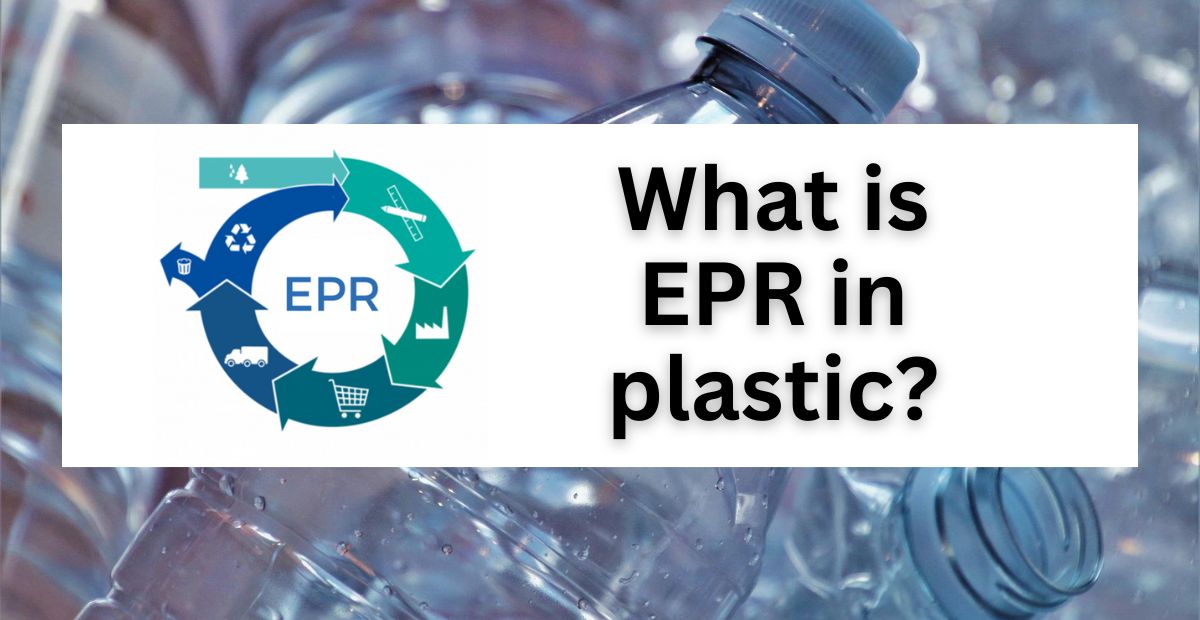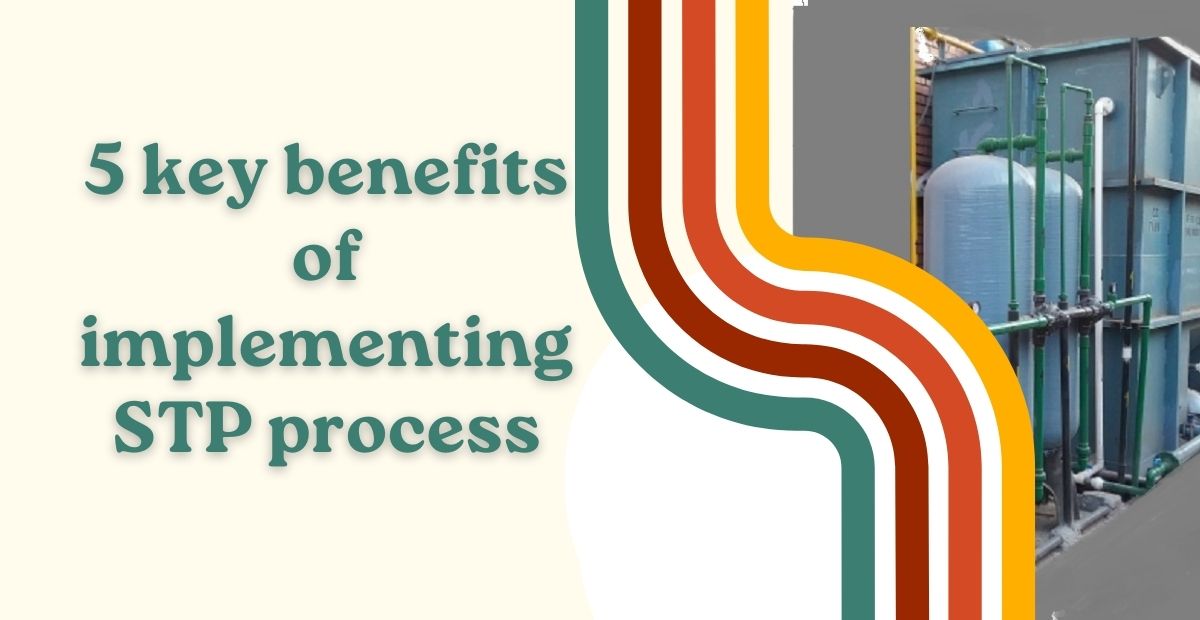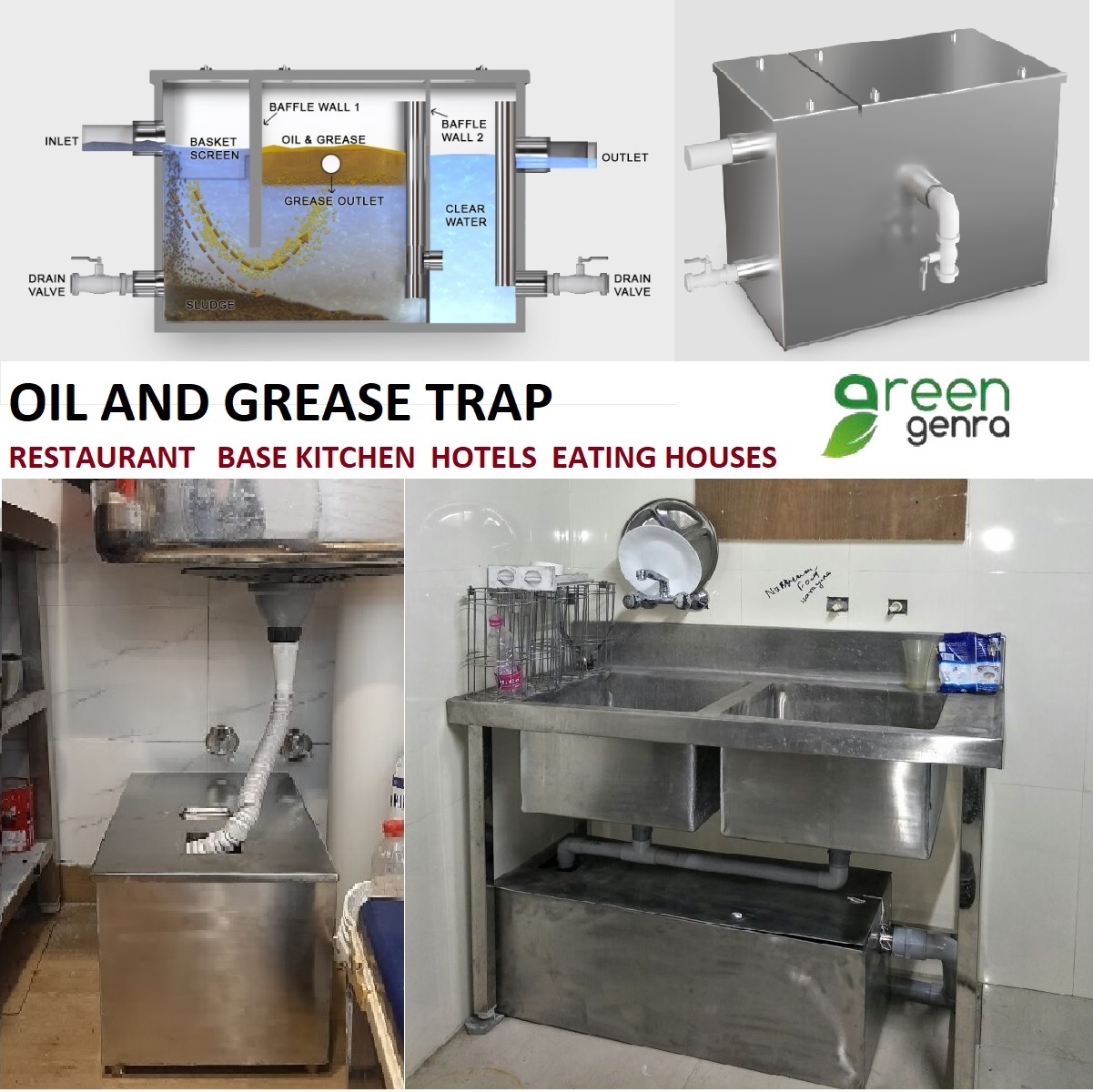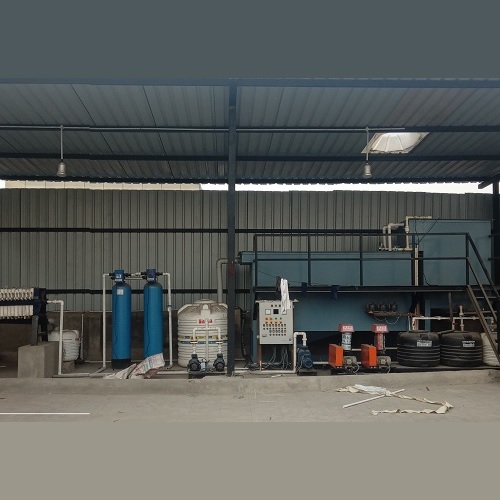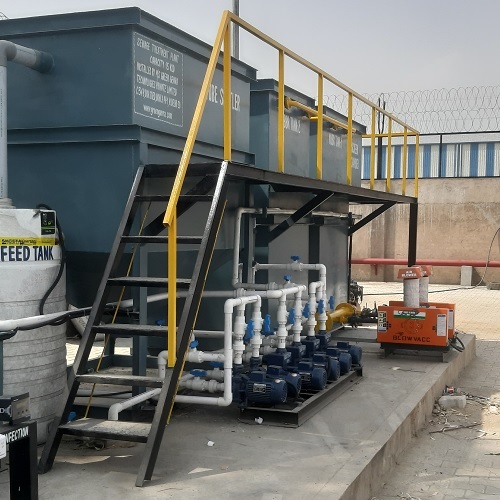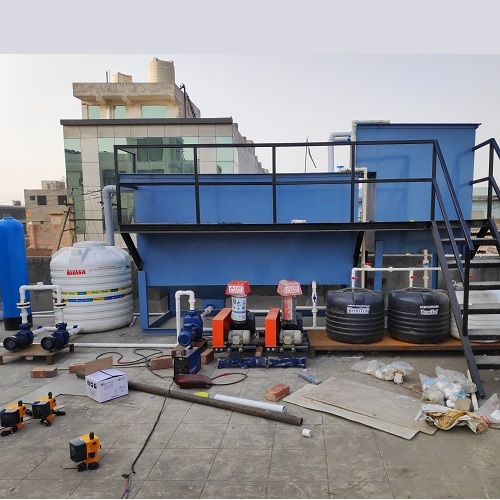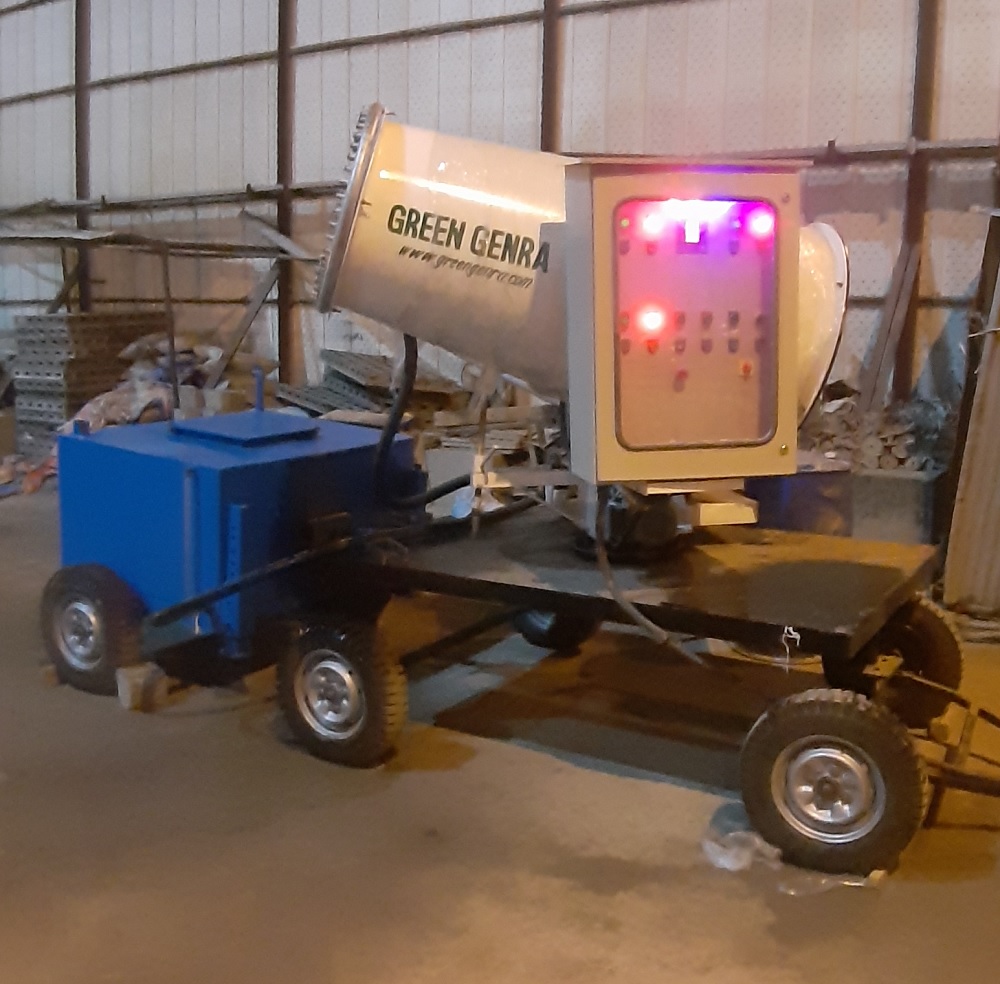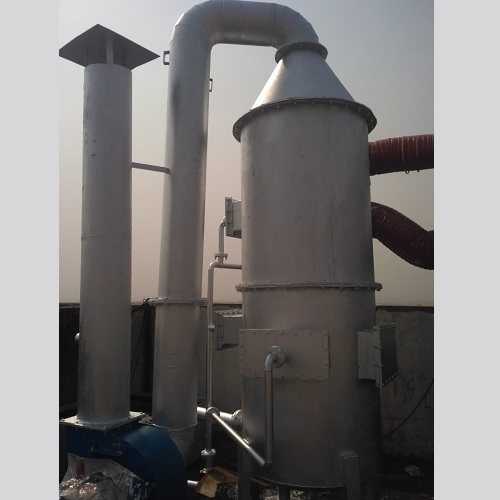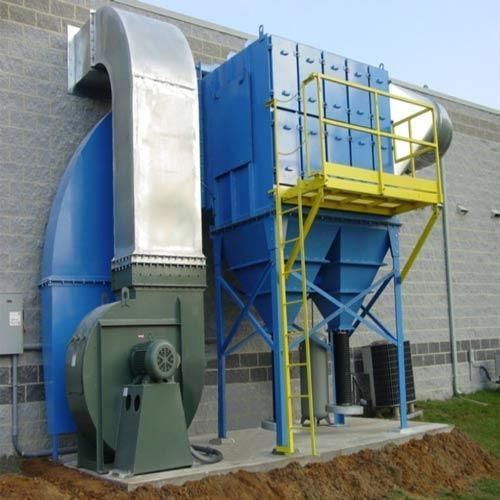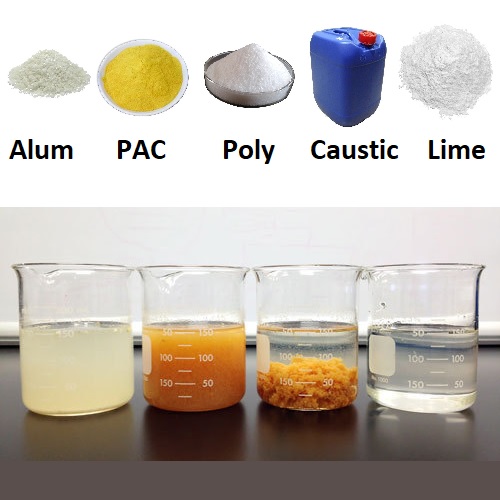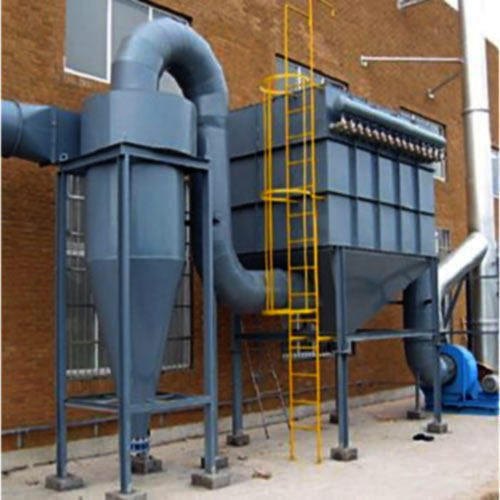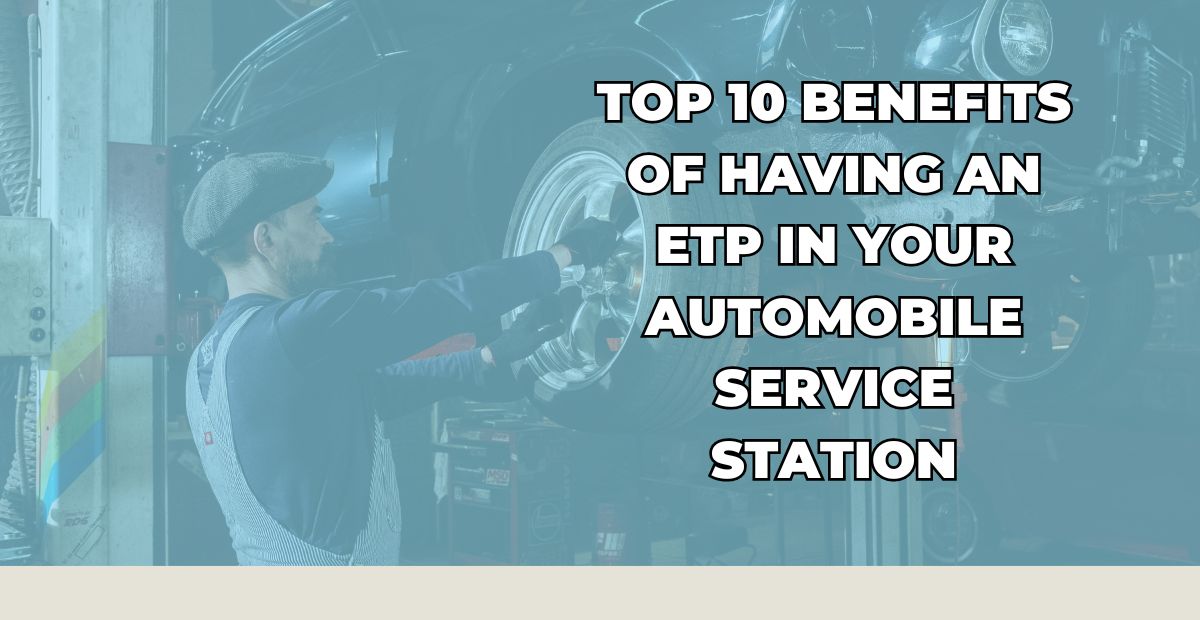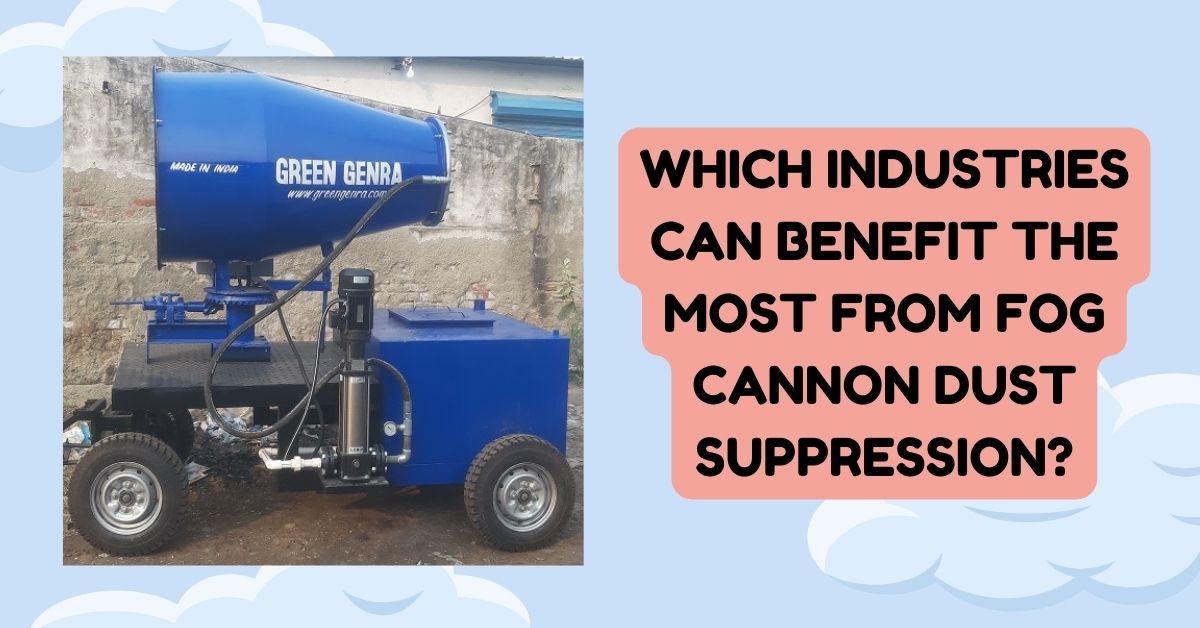Top 10 benefits of having an ETP in your automobile service station
An Effluent treatment plant or ETP is a thoughtfully designed facility to treat industrial waste water generated from the manufacturing processes, mills, industries, automobile service stations and refineries.
What is the goal of ETP in automobile service station?
ETP for automobile service station is aimed to remove the contaminants from the waste water making it safe for either reuse or discharge into the environment.
What are the top benefits of having an ETP in automobile service station?
Effluent treatment plant or ETP in automobile service stations provide many benefits. These service stations generate many pollutants including oil and grease, suspended solids, heavy metals and chemicals from cleaning agents. A best quality ETP removes these materials and generates water that is safe to use or discharge.
1. Pollution control: ETP for automobile service station effectively removes harmful substances from the waste water before it is discharged into the environment. This minimizes the pollution load on local water bodies preventing the harm to environment, aquatic life ensuring good health and safety of the surrounding eco system.
2. Regulatory compliance: The Central Pollution Control Board mandates Automobile service station to have ETP plants. The state regulations also make it imperative for the stations to discharge the industrial effluents. ETPs enable the automobile service stations to meet the regulatory needs, avoiding legal issues and potential fines.
3. Water conservation: ETP at automobile service stations treats and recycles waste water and help conserve the water resources. The recycled water can be used for non-critical applications within the service station that includes washing cars, toilet flushing thus minimizing the demand for fresh water.
4. Save costs: Installing and Operating ETPs in automobile service stations involves upfront costs, it can lead to significant savings in the long term through reduced water consumption. Also it will avoid huge fines related to violations of environment regulations.
5. Byproducts: Some ETP processes recover valuable by-products that can be sold or reused by the automobile service stations.
6. Operational efficiency: Implementing ETP in your automobile service station enhances the overall efficiency of the facility. It streamlines waste management process and a proper treatment ensures the waste disposal is effectively handled, minimizing potential disruptions to operations caused by the accumulation of waste or the need for external waste removal services.
7. Protect public health: As automobile service stations treats waste water before they are discharged, ETP contributes to protection of public health by preventing the spread of pollutants that can contaminate drinking water source minimizing the risk of water borne diseases.
8. Future regulations: Installing ETP enables the automobile service stations to gear up for strict environmental rules in future. As Central and State government are continuing to tighten pollution controls having ETP in place ensures that the facility remain ahead of these regulatory chances avoiding last minute compliance efforts.
9. Increased image: Installing ETP enhances the image and reputation of the automobile service station among the community and customers, roping in more business by eco-conscious customers.
10. Sustainable approach: By installing ETP the facility contributes to the sustainable development aiming to reduce the ecological impact of waste water discharge and help service stations operate more sustainably.
also read:- What is an ETP plant and how does it work?

































Definition and Purpose of ETP (Effluent treatment plant) ETP means Effluent Treatment Plant. It is a meticulously designed...
EPR stands for the extended producer’s responsibility for the plastic waste. EPR registration process for plastic waste...
A sewage treatment plant or STP is a device that is smartly engineered by the expert STP manufacturers in Gurgaon to treat se...
An Effluent treatment plant or ETP is a thoughtfully designed facility to treat industrial waste water generated from the man...
Fog Canon dust suppression is a device that is meticulously designed to reduce the dust particles in the air. The device i...
Also known as mist cannon, Fog Cannon dust suppression is a cutting-edge device that is designed to minimize dust particles i...

.jpg)
